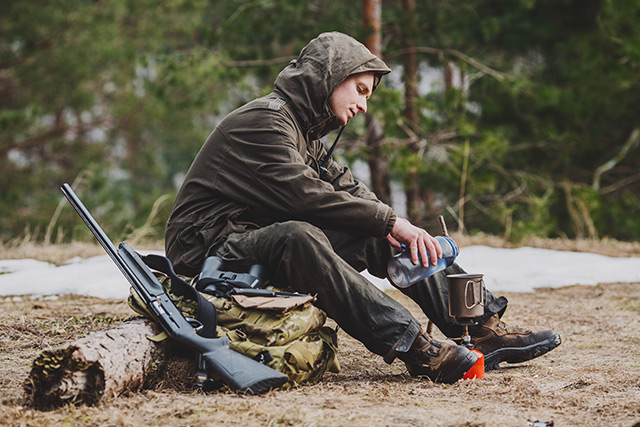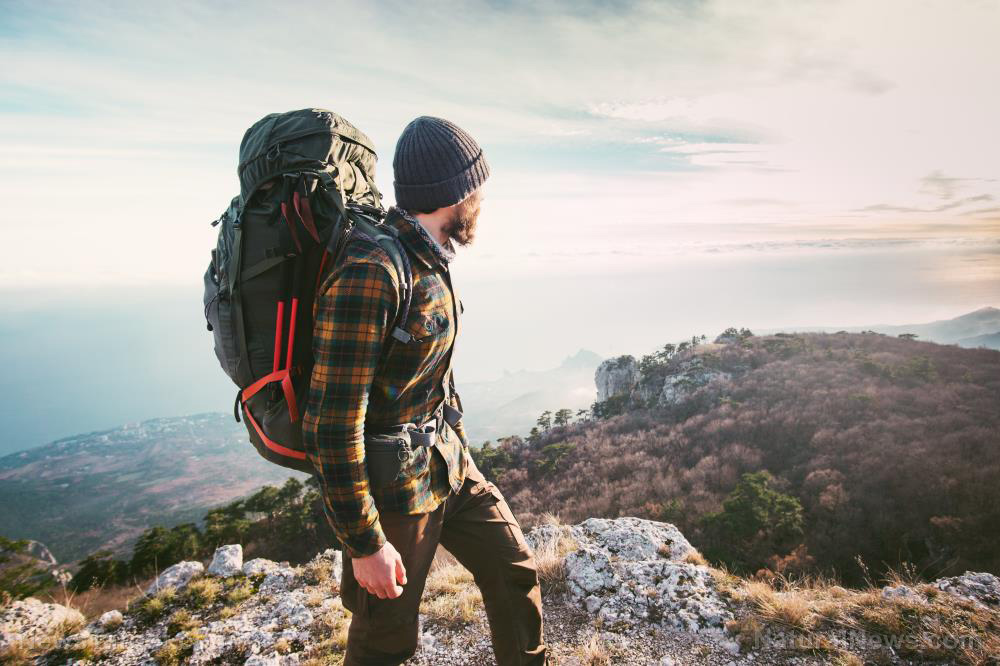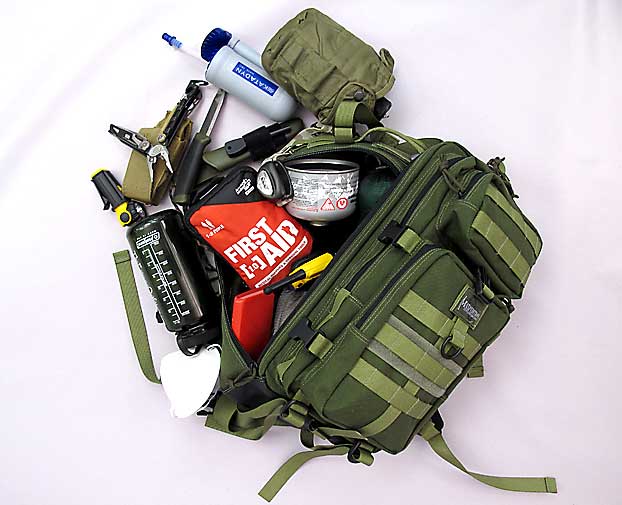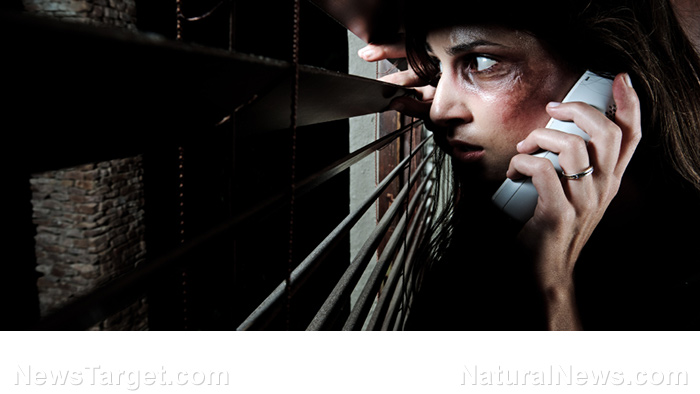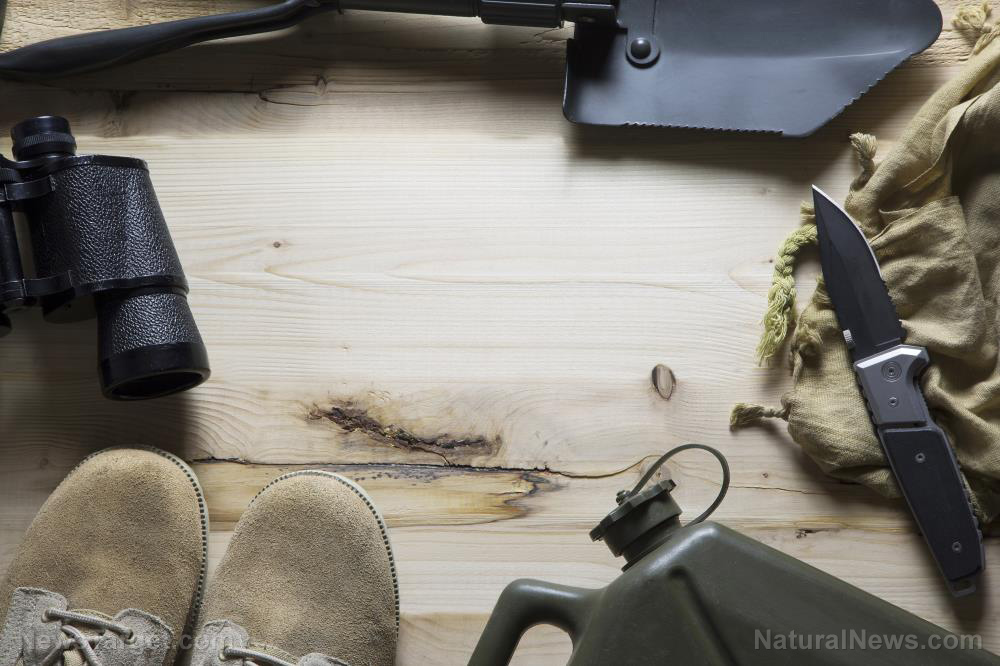Wilderness survival skills that also work in an urban environment
02/28/2019 / By Mary Miller
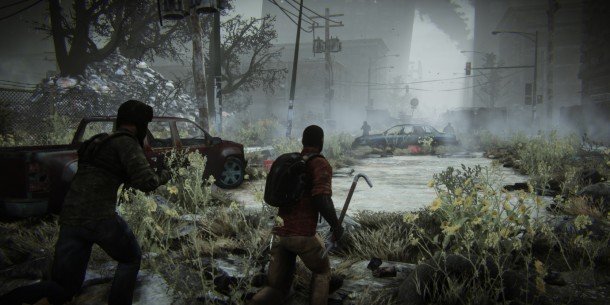
Wilderness survival skills are typically only framed within the context of a prepper hiking in the woods, miles away from civilization. This is unfortunate because it limits the application of these skills to such specific scenarios, as though threats could only ever be encountered in remote and natural areas. While it is true that the comforts of modern living can afford a lot of safety nets when it comes to survival, what would happen if a large-scale catastrophe, such as an earthquake, were to occur in an urban area? All of those modern comforts that so many people take for granted could completely vanish overnight. Here are some of the best wilderness survival skills that could still come in handy when SHTF in an urban environment. (h/t to SurvivalSullivan.com)
Problem solving
This is a skill that is undoubtedly useful in any situation. Whether you are surrounded by a lush forest or a concrete jungle, life will always be filled with challenges and problems. The key to survival is being able to think critically and find the most efficient solution to any problem quickly, rationally, and without letting your negative emotions affect your better judgment. In fact, this skill may even be more important in an urban setting than in a remote one. In the wilderness, you will likely have to face your problems alone, but in an urban environment, you might have to remain calm and collected while surrounded by other people. Any rash decisions on your part may result in immediate consequences for yourself and the people around you.
First aid
Medical emergencies can happen at any moment, and instinctively knowing what to do when SHTF can mean the difference between life and death. Even if you had access to medical supplies, what good would they be if you didn’t know how to use them properly? Your knowledge of first aid should not be limited to knowing how to apply a band-aid. Take the time to learn how to clean and suture a wound, how to perform CPR, and how to perform other relevant applications of first aid. You can even enroll in first aid classes to learn medical emergency assessment.
Finding and purifying drinking water
Water is essential to survival, so having access to clean drinking water should be a priority when SHTF. Water might be more accessible in an urban setting, but what will you do once the grocery stores run out of bottled water? You might be able to get running water from the tap, but just like water found in the wild, tap water may not be immediately safe to drink. Whatever source of water you find, be sure to boil, filter, or purify the water before drinking it, preferably a combination of the three. On its own, boiling can eliminate germs, but it will not remove chemical contaminants. You can use water filters or water purification tablets to help clean your water. (Related: How to find water in the city after a collapse.)
Self-defense
There may be times when you will be forced to physically defend yourself. Knowing how to fight off wild animals is just as important as knowing how to fend off human attackers. When learning new self-defense skills, try to find an equal balance between learning how to fight with weapons and how to fight unarmed. This way, you will be able to defend yourself even with just your bare hands, but you will also be able to make use of improvised weapons to gain an advantage over your opponent.
Basic navigation
Granted, finding your way around a city can be easier than navigating through mountainous terrain or dense foliage, but this often only applies when there are easy-to-read street signs on every corner and familiar landmarks to guide you. After SHTF, damage to infrastructure might make your surroundings unrecognizable. During a crisis, you may need to rely on basic navigation skills, a trusted compass, and a map to find the safest way to traverse the broken ruins, especially if you need to to evacuate the city.
Sources include:
Tagged Under: bug out, chaos, Collapse, emergencies, first aid, navigation, off grid, outdoors, preparedness, Preppers, prepping, self-defense, self-reliance, SHTF, survival, survival skills, Survival Tips, survivalist, urban survival, Water safety, wilderness survival








